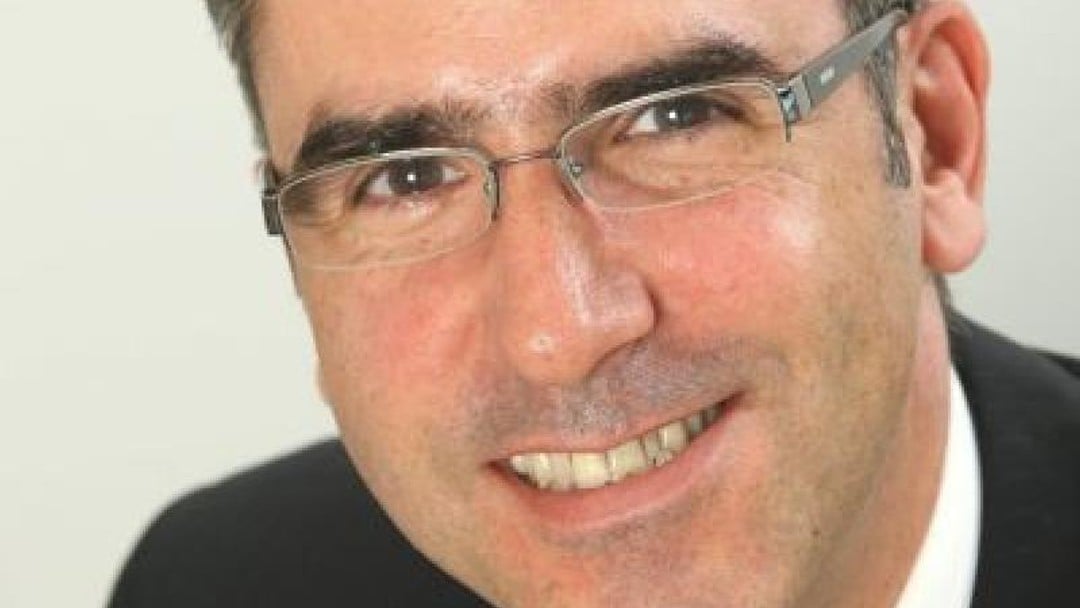Is regulation too little too late for the financial services industry? asks Colin Lawson

By Colin Lawson
As an independent financial adviser and discretionary investment manager who‘s directly responsible for managing £250m of our clients’ hard-earned money, I fully understand the need for our industry to be regulated.
However, what concerns me is the lack of real progress that has been made by any regulation throughout the 17 years I have been in business and, also, how the limited progress that has been made can be measured.
Genius conclusion
The biggest single change in this period comes in next month when the Retail Distribution Review (RDR) swings into force. After decades of supervision, the FSA finally came to the genius conclusion that IFAs were under qualified and that commission caused bias which resulted in consumer detriment.
Commission bias was clear for everyone to see and could be proven with statistics. The highest commission paying products received the most money and the companies who were paying the highest commission rates received the biggest share of this money.
So, why did it take a regulator whose current annual budget is in excess of £450m so long to come to such a simple conclusion?
Then, once they had reached that conclusion, why wait five years to introduce the relevant changes, arguably putting customers’ interests at further risk throughout this entire time period?
The RDR also sees advisers requiring higher levels of qualifications in order to give advice. I have to confess when the proposals were announced, I did not have enough exams to reach the new level. However, I did have enough knowledge. All I needed to do was to book and take three exams, all of which I passed first time around, largely without picking up a single textbook because of the knowledge and experience I already had.
All this took was a few short hours of my time and I would have hoped that the same applied to other advisers out there, so waiting five years seems crazy to me.
Following the forthcoming legislative changes it has introduced, the FSA is now being abolished. From next spring, it will be replaced by two regulating bodies - the Financial Conduct Authority (FCA) and the Prudential Regulation Authority (PRA). So, for me, this is regulator number four since I have been in the industry and one which I hope is far more successful than its predecessor.
I recently read the FSA document ‘Journey to the FCA’. Among other things, it outlines how it will measure its performance and I have to say it leaves me baffled. I cannot see a single ‘outcome’ which it can actually measure, it’s all feeling and opinions!
Success and failure
This led me on to review the fines that the FSA has imposed on various firms over the years for their shortcomings. I wonder whether the FSA considers fining firms to be success in that they ‘caught’ the wrongdoers or failure that there was wrongdoing on their watch?
It is my own belief that if a regulator is aiming for prevention, then it should be the latter and the more fines you are doling out, the worse you are doing as a regulator.
Let’s have a look at a brief history of FSA fines and you can then draw your own conclusions.
In the three years ending 2004, the FSA imposed fines totalling £43m. In the last three years, this has rocketed to £305m - a seven-fold increase and a figure which is actually greater than all the fines in the previous eight years combined.
The monies received from these fines are retained by the FSA and used towards its budget in the following year. Therefore, the more firms it fines, the more firms it can catch, although the annual FSA fees for authorised entities such as ourselves do benefit from an element of reduction because of these fines.
However, I personally would prefer to pay my full FSA fees and reap the benefit of much more effective preventative measures rather than cures that clearly don’t seem to be working. The penalties for the various misdemeanours could then go towards the Financial Services Compensation Scheme and help the people who were victims of the misdemeanours in the first place.
The RDR is an opportunity for our industry to be reborn and shape up to become a highly regarded, professional one across the board, not just in small pockets. I just hope that the changes for the regulator as well as the regulated are equally radical.
Colin Lawson is founder and managing partner of Equilibrium Asset Management www.eqasset.co.uk

